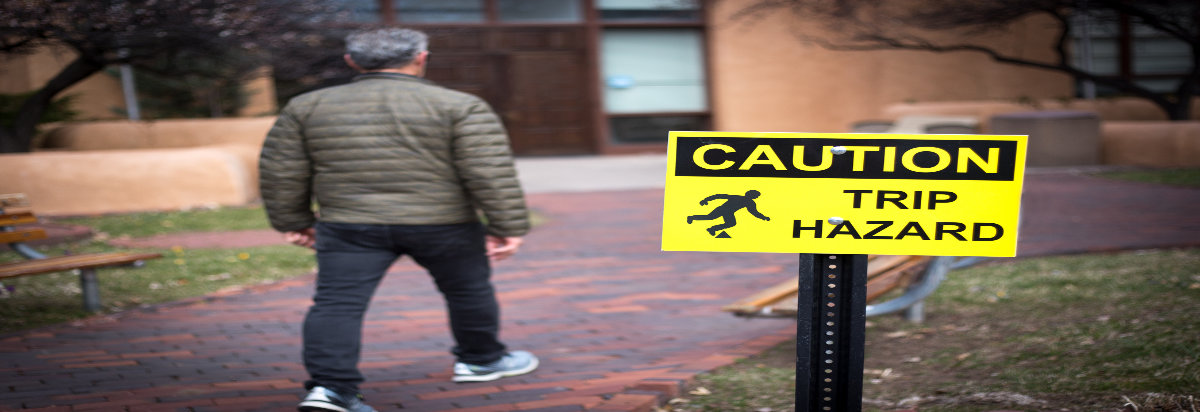
When you experience a personal injury due to someone else’s negligence, the moment can pass in an instant. One moment, you were driving down the road – the next, you’re in pain, trying to figure out what caused the other driver to swerve into you. Or perhaps you were taking a walk around the block, and now you’re confined to your home, trying to heal quickly so you can return to work. These moments happen fast but have a long-term effect on your physical, emotional and financial well-being.
If you have suffered a severe injury, you may be unable to work, creating a substantial pile of medical bills and other hard-to-pay expenses. You know that your injury was caused by a negligent individual. They owed a duty of care to drive safely or ensure you stayed safe while under their supervision. Now the at-fault party and their representation are doing everything they can to make you doubt your innocence, shifting the responsibility of your injury to you.
Two ways the at-fault party may try to push the blame on you is by:
- Proving you knew there was an inherent danger on the premises, or
- Proving that your actions led to the accident or injury.
If the defendant is able to show that you had knowledge of the danger or you were partially responsible, your compensation may be reduced, or you may be barred entirely from recovery.
Read on to learn more about the assumption of risk and comparative fault, as well as how these two doctrines could affect your case moving forward.
What Is Assumption of Risk in Missouri?
In personal injury law, assumption of risk is the doctrine that the injured party or plaintiff knowingly exposed themself to a dangerous situation. This assumption allows the defendant to minimize their liability in this situation, which can bar the plaintiff from recovering damages from the injury. There are two types of assumed risk that you can have when dealing with a personal injury:
- Expressed assumption of risk – The plaintiff was given a written form or waiver explaining the extent of risk they assumed when participating in various activities.
- Implied assumption of risk – The plaintiff should understand possible harms inherent in an activity.
In your case, the at-fault party may assert that you were told the risks or should have understood the risks of your situation before you were injured. However, if they had a duty of care to you while you were on their property or under their supervision, they are still liable for the injury you sustained.
What Is Comparative Fault in a Missouri Personal Injury Law Case?
Comparative fault is the principle in personal injury law that can reduce a plaintiff’s compensation proportionally to the percentage of blame they hold in causing their injury. So, if you are deemed responsible for any part of your injury, you may receive less than the full amount of your medical bills, lost wages and damages for pain and suffering. Comparative fault can vary in each state.
How Pure Comparative Fault Works
Many states (including Missouri) recognize the doctrine of pure comparative fault, meaning that an individual can recover whatever percentage of damages a court determines the defendant is responsible for. So, if you were determined to be 15% at fault for your injury, you would receive 85% of the assessed damages.
How Can Assumption of Risk and Comparative Fault Affect My Case?
These two affirmative defenses can reduce your compensation or bar you from collecting any valuable cash to pay for expenses related to your injury. While the at-fault party prepares a defense against your claim, the help of an experienced personal injury attorney can help you strengthen your case.
It’s important to work with someone who is battle-tested and ready to fight for you in court. At Eng & Woods, our attorneys do just that. We’ve secured millions of dollars in favorable settlements and verdicts for our clients. We can help you navigate any defense the negligent party or their representation is ready to throw at you.
To get started, visit our contact page. From there, you can fill out a form and tell us a little bit more about your case. Don’t delay. Personal injury cases can take time, and we want to help you secure the compensation you need to get back on the road to recovery.
By
Eng & Woods
|
Published
March 28, 2023
|
Posted in
